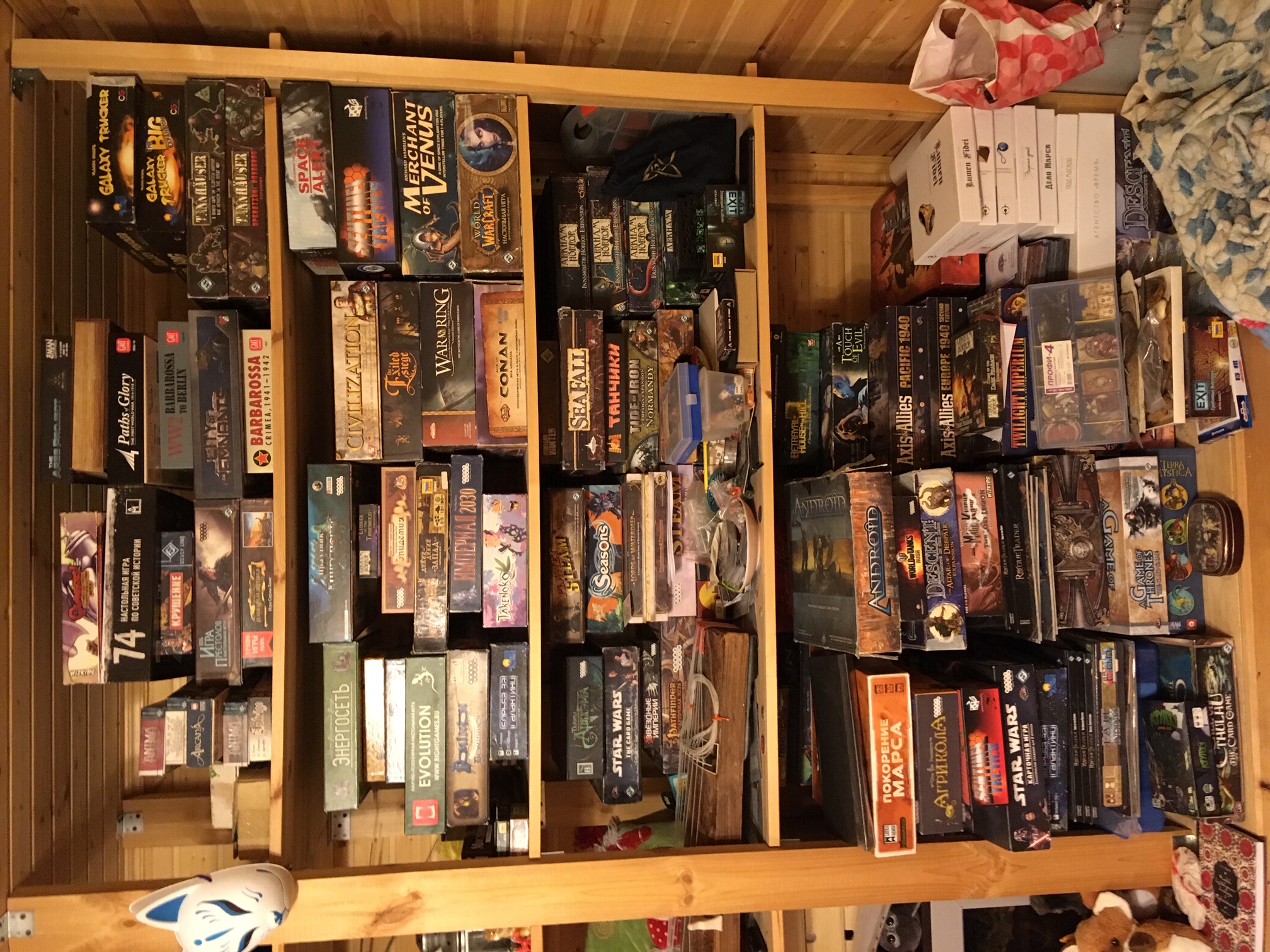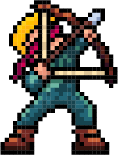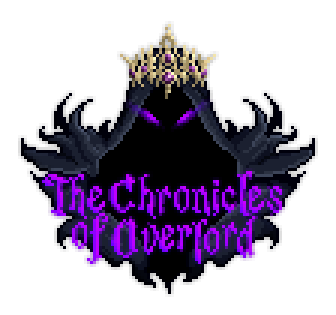How to become game developer after 30
There are five of us, we’re all over thirty and we never thought we would be developing games.
My name is Petr, this is my first article and I’m going to tell you about our first step that we’ve already taken.
The events described below took place in 2019 - beginning of 2020 in Moscow. This story is about how we created our team, set our goals, chose the game, the trainings we took, our sales and monetization strategy.
So, let’s go!
It all started with a hackathon in Moscow. A few guys met, created a team, developed mobile application over the weekend and won. The first victory in the first hackathon led to several other hackathons.
Over time, we realized that a team that consisted of an excellent speaker and three designers would tear apart 99% of the competition at any hackathon. Add at least one front-end designer then you got all 100%. No wonder we quickly lost interest in this type of “competition”. And to be honest spending all weekends away from bed, snacks and pizza was getting all too hard :)
We were finished with hackathons. The results were pretty impressive anyway. We won a few times, made tons of new contacts and friends, and most importantly assembled a team with the desire to create outstanding products.
In the summer 2019 we tried to organize our ideas and set our goals for the fall and next year. One evening we got together searching of an answer to the eternal question: “What can we do?”
We went through dozens of different startup options, studied the trends in the West, generated lots of ideas. But it just wasn’t it. To stand a chance in this business, you need to have at least one of three things: good expertise in a given subject, warm contacts with b2b customers or opportunities to attract investments. We have neither of the three.
At the same time we didn’t seriously consider gaming industry, although all of us are gamers to some extent. It turned out that all of us don’t like donation based free-to-play, that we like plus or minus the same games in different genres: Resident Evil, Half-life, Jagged Alliance, The Witcher, Fallout, Xcom, Into the Breach, Warcraft, HOMM, Salt and Sanctuary, etc.
Everything changed when we realized that we needed to do what we love and then everything would work out. If there’s no expertise we can learn. If there’re no customers, we can find them. If there’s no initial investment, we can do without, but it’ll be difficult. The main point is to do the thing you want to do.
The next big question was what direction to take and what product to develop. Our entire team unequivocally chose GameDev. So we moved from countless startup options to the gaming market.
To begin with, each of us has their unique set of skills in programming, drawing, sales, management... However, most of our skills have very little to do with gaming industry and this naturally concerned us.
Yes, we have decided what we want to do.
No, we practically have zero experience in game development.
Yes, each of us starts this path from a point close to zero.
Yes, we will learn and grow.
In August 2019 we began our search for ideas for our first game.
The Game
We all pondered on what kind of game we should create. This was a tough question. If you don’t have the resources from Blizzard and can’t guarantee the development and release of a high-quality AAA product, then there seems to be only one way to go - to create interesting game mechanics, add nice art and sound and attract first players. And then wait and see.
There’re still lots of questions in this very non-mathematical formula for success: what platform and monetization model to use and how to attract our first customers.
After some contemplation, and this was a really hard one again, we came to the conclusion that we would make our first game on PC. It will be a turn-based strategy TBS game with interesting and complex core-mechanics targeting board, mathematical and logic games fans. Why?
• With a fairly narrow target audience, we’ll be able to focus on our interaction with potential clients and subsequently attract sales;
• Promoting the game on Steam is much easier and cheaper than F2P for mobile devices (It’s hard to imagine how much effort and money it takes to promote and keep free-to-play game at the top.);
• By creating a game for Steam, we are not limited to Steam only. There’re lots of worthy alternative channels such as Epic Games;
• According to statistics, Pay-to-play doesn’t sell very well for mobile so we’re considering Nintendo Switch as an alternative to mobile platforms;

On this picture there is a rack with board games. For it’s owner Daniil Derbasov this isn’t just a hobby but also a job, he is a card game developer. Daniil agreed to mentor and help us develop the basic mechanics for our game.
In my next article I’m going to speak about development of new ideas, testing, balancing and game design document creation in a greater detail.
The Team
I often said “we”, now it’s a good time to introduce ourselves. The core team consists of 5 members who brought another 5 professionals to the team. Now it’s 10 of us and we are slowly but surely moving towards the release of our first game!
Alexey Saraev
• Before: for several years he worked as a lawyer in a Russian large company. He realized that this profession is not for him. I quit. Over the next 4 years he independently studied programming, became an iOS developer. Released several applications.
• Now: Game designer. Producer. Unity developer.
Dmitry Sherbak
• Before: Education software developer. However, he works as a manager in a telecom company. At leisure, he figured out Unity and got a zombie shooter for PC (almost AAA turned out to be ;). he recreated a copy of one of the districts of Moscow and filled it with various zombies. And also, between all these important matters, he assembled a 1.5-meter robot on the Arduino.
• Now: Unity developer. Understands and is responsible for scripts in UX / UI.
Pavel Shevsky
• Before: Since he is a creative person, he worked in various fields: from the art director of print media to the director of promotional videos. Currently working in the field of digital advertising as a project manager.
• Now: Responsible for Art. He selects artists as a team, works with them, makes various selections: assets, references. In addition to the visual component, Pavel still has the entire narrative (script), sound effects, music, video.
Eugene Sobolev
• Before: After the institute, he began his career in the Game Dev industry as a tester and level design. After working for several years on three startups that never reached the release. Eugene took a break in his playing career. In 2018, together with an ex-colleague in the gaming industry, he made a simple Android game: Maze Raider 3D.
• Now: develop UX / UI interfaces, develop User Flow, Level Design.
Me, Petr Zhigulev
• Before: Engineer by education, entrepreneur at heart. He has experience in product management and marketing.
• Now play: Marketing strategy, interaction with influencer’s, interaction with the media, search for publishers and communication with them, work with social networks. Financial side, CF&PL management.
These are people who work on creating a game every day.
And they also help us:
• Andrey - our artist, helps with concept art;
• Daniil - our artist, behind him all the cards, tiles, landscape;
• Liliya - HR, helps with the selection;
• Sergey - data analyst, helps with back-end;
• Aleksey - a professional artist, extensive experience in gamedev, worked as an art director in several game companies, now advises us on the artistic style;
• Daniil - is a board game developer who helps with key game mechanics.
Learning is the key
When you start a new project full of uncertainties and risks, the first thing to do is to learn and absorb as much new information as possible. Analyze and make conclusions. Then apply the acquired knowledge into practice.
Conclusion
We managed to assemble a small but eager team, divide the tasks between the participants according to their competencies, capabilities, limitations and desires, solve problems thus far and move towards our goals.
By the way, the goals for 2020 look like this:
1. Learn to develop awesome games;
2. Learn to sell those awesome games;
3. Immerse ourselves into GameDev market, meet interesting people, network, find a publisher if possible;
4. Assemble a team, strengthen a team, find new associates.
Make money of course :)
We are only ankle deep in the water, a vast ocean is in front of us. We’re new to this business, but over time we’ll learn how to develop great games and make money doing it. There is a long, difficult path ahead of us and it won’t be easy.
We have a lot to learn and integrate. I realize that there are a lot of complex objectives and problems we have to solve, but I don’t know how. I don’t know yet. All in due time.
What we definitely have to do:
• Learn how to work with Steam, the financial side of the matter, find out how Russian banks handle US dollar transfers into the account; under what legal entity will create account in Steam;
• It is necessary to formalize the relationship in our team one way or the other, maybe sign a contract or trust men’s word; But then what about the rights ...;
• Register the name of the game, the name of the studio, logo, etc.;
• Conduct our first SoftLaunch;
• Localize our product for at least an English-speaking audience;
• Attract strong artists to the team. Where to find them, how to attract;
• We are self-funded, which means we need money;
• Set up development management (here all sorts of smart words come in Agile / Scrum, Trello, Jira);
• Stay together and not fight.
This is where I end the article. I hope I managed to convey all the positive sides of game development process.)
Thanks to everyone who stayed with me till the end!
If this article gets interest from a respected audience, then occasionally I’ll do more reviews on our activities with more facts, figures and examples.
At the same time we’ll be able to see how the plans we set today will differ from reality :)
P.S. This is our first concept art (Overlord)
Overlord is a temporary name for our game (until we came up with something else)
And this is our logo. We named our studio Blind Archer Games.

Get The Chronicles of Overlord (beta version)
The Chronicles of Overlord (beta version)
| Status | In development |
| Author | The Chronicles of Overlord |
| Genre | Strategy, Card Game, Puzzle, Role Playing |
| Tags | 2D, overlord, Pixel Art, Tactical, Tactical RPG, Top-Down, Turn-based Strategy |

Leave a comment
Log in with itch.io to leave a comment.